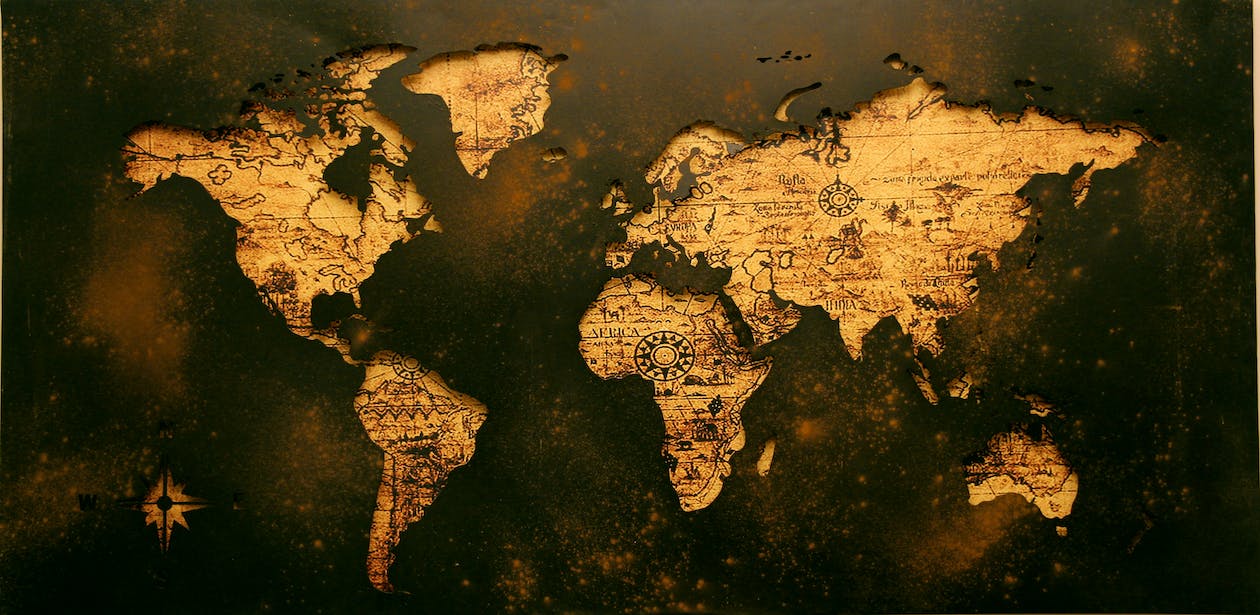The Earth is a planet that is capable of sustaining life for humans, animals, plants, and many others. Its vastness spans up to 6,371 kilometers, which made it possible for billions of humans to live in different parts of the globe. Apart from the life dwelling on Earth, it is also filled with numerous natural resources, vast bodies of water, as well as landmasses.
With all this said, we can say that our planet is quite enormous for us to quickly learn all of its mysteries and phenomena. That is why scientists devote to the study of the Earth in a broader scope, which focuses on the study of different land areas, bodies of water, and natural phenomena.
Interestingly, Earth Science branches out to more specific fields of study to gain more in-depth information about the planet’s features. This field of study is called geography, which covers diverse scientific knowledge about the different phenomena in our world.
In this article, we are going to look into the definition of geography, and mainly, what its history is.
What is Geography?
As mentioned earlier, geography devotes to the study of the Earth and its features. Furthermore, it also focuses on the study of lands, inhabitants, and phenomena not just on Earth, but also in other planets. Geography is a diverse form of study that aims to understand the Earth and its humans, and it is not limited to the identification of places and areas since it also looks into the changes of the planet’s structure and inhabitants.
Moreover, geography is classified under two branches, mainly human geography and physical geography.
- Human geography –is a branch of science under geography that focuses on the study of humans and their communities. Furthermore, this field study also deals with human culture, economy, and interaction with the environment. It shows a broader view of the human social interaction present within a specific area.
- Physical geography –is a field of study that deals with the processes and patterns in the environment, including our atmosphere, hydrosphere, biosphere, and geosphere.
What is the origin of geography?
Similar to other branches of science, geography originated thousands of years ago. We can trace back its history to ancient Babylon from the 9th century BC; the oldest world maps are dated back to this period.
However, one of the most remarkable world maps created in ancient times was the Imago Mundi was from Babylon in 600 BC. This ancient version of the world map was produced in a clay tablet, which showcases a labeled depiction of the known world. It was a significant work in the development of geography, although it was far from the advanced stage of our modern world.
Interestingly, geography also comes with a founder who heavily contributed to its development. The Greek philosopher Anaximander was considered by writers to be the founder of geography because of his several works related to the subject. He was responsible for the creation of the gnomon, which was an ancient tool used for measuring latitude.
Anaximander was considered the first person to publish a map of the world, which inspired several Greek historians to create better versions of the map. Evidently, the earliest versions of world maps do not show accurate locations, unlike those that we have today. However, this creation was a breakthrough not just in science but also in the development of ancient civilization. Besides his notable works in geography, he was also credited in contributing to several other fields of science, which helped future philosophers and scientists to proceed in scientific advances.
Another milestone in the advancement of geography was in the 2nd century BC, when the Greek astronomer, mathematician, and geographer Hipparchus developed the first rigorous system of latitude and longitude lines. This ancient mapping system used a sexagesimal system from Babylonian mathematics.
Fast-forward to the European Age of Discovery when famous explorers, such as Cristopher Columbus, Marco Polo, and James Cook, made their contributions to the development of geography. Each of their work left a significant impact on the advancement of geography and civilization because of the discovery of new lands, resources, and features.
